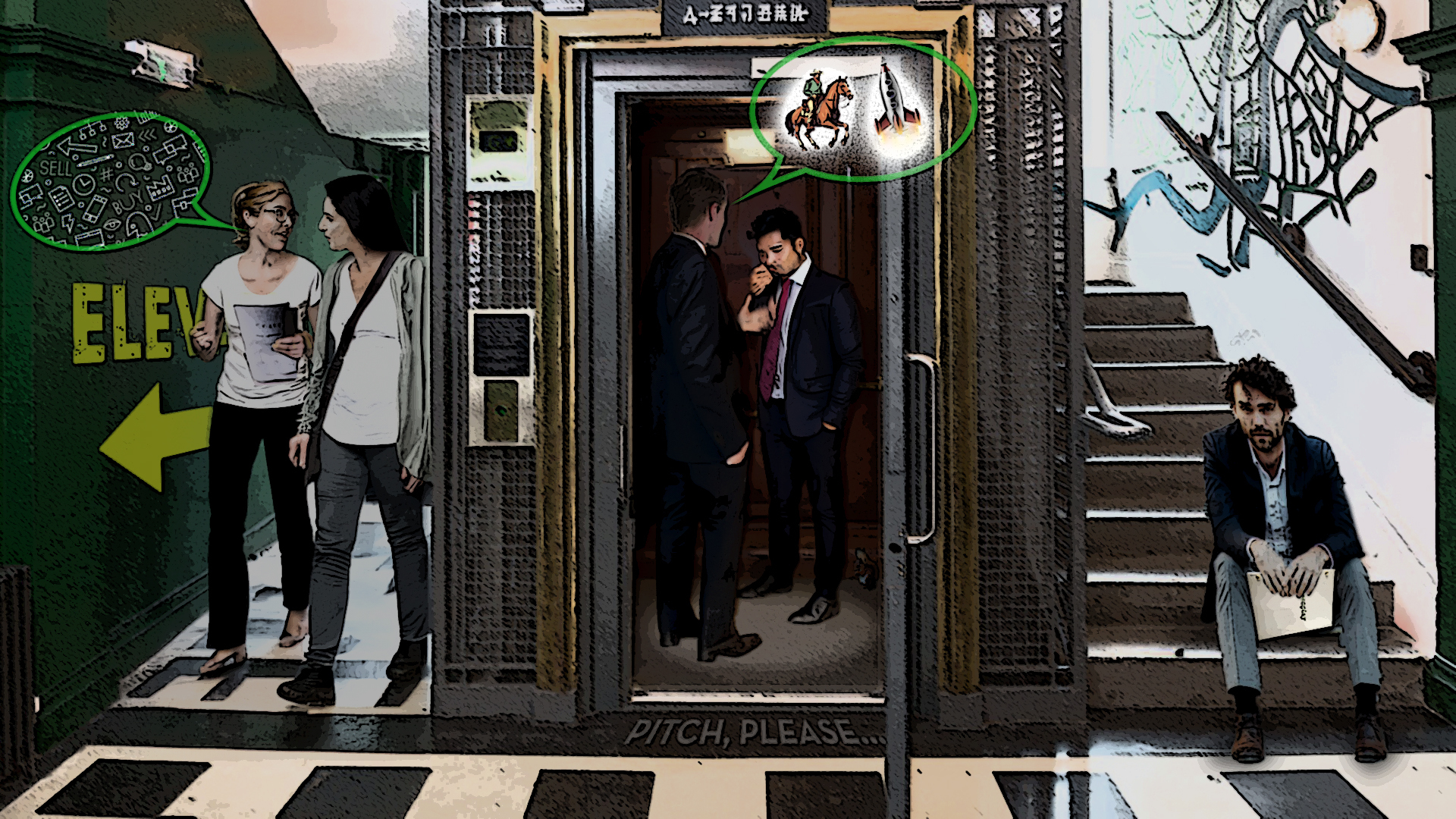There is both light and dark to ‘great expectations’. Let’s take a look at the light first.
We’re told that expectations can lift us beyond what we might otherwise believe we’re capable of. Positive expectations can certainly be a force for transformation. People with ideas and drive make change happen. The world needs folks who don’t accept the status quo. Shout out to the inventors, founders and campaigners who push through game-changing ideas.
But expectation can also be blinkered, inflexible, and sometimes strays too easily into entitlement: unwritten, unacknowledged and even unconscious beliefs and behaviours, with the potential to undermine ourselves and the people around us.
To avoid those pitfalls, replace expectation with aspiration. There is more than wordplay at work here. Aspiration is wholly positive. When we aspire to be something, there’s definitely still licence to envision being that thing. To dream different dreams from our parents or community. From that vision can grow intentions – we set a course and begin to know how to navigate it. We can hold those intentions with real conviction – but also loosely. We don’t adopt the ‘tunnel vision’ or ‘laser focus’ so often quoted alongside expectation. Instead we walk through our lives with our heads up and eyes wide open. And this keeps us flexible, imaginative and collaborative. This isn’t just our opinion – here’s another.
"Expectations were like fine pottery. The harder you held them, the more likely they were to crack"
Expectations can be too rigid. They can have a pass-or-fail, sink-or-swim, ends-justify-means nature. We set our expectations on a gold medal, and are devastated by the silver we earn. Our grandfather was a surgeon, our mother was a surgeon, and come hell or high water, we’ll be a surgeon too. It’s expected.
Fixed or Growth Mindset?
When you hold a fixed mindset, you believe abilities like intelligence and creativity are traits, inherently stable and unchanging over time. Growth mindsets believe the opposite – that they can be trained, learned, grown. We’re arguing that fixed and growth mindsets – a contractile or expansive posture in the world – correlate closely to whether you hold expectations (fixed) or aspirations (growth).
Say you’re in business and your industry is having it tough. Your own forecasts suggest lean times ahead. What to do? A fixed mindset might expect to cut and contract. Shrink ‘non-essential’ functions and softer budgets. Marketing could be in that pool. Employee benefits, and maybe eventually jobs.
Now to be clear. We’re not saying that these are wrong or bad things to do. It’s just that they may not be the only or even best options. A growth mindset can hold many intentions, and find them all rewarding. Yes, building a business that’s sustainable over the long term has to be one. And so might doing things differently | being a great employer | creating opportunity for every stakeholder | making a positive contribution to the planet.
So with a growth mindset, might you contract your marketing budget by shifting away from paid-for activity and focus instead on expanding your understanding of your customers and their wants and needs? That means starting a conversation – which might cost nothing at all. And it means listening – which creates connection. And when you put together conversation and connection you build community – which for a small and growing business is literally priceless.
Expectation drives you forward. Go harder. Be decisive. Don’t give up. Don’t be a failure. Aspiration makes room for a pause. For a broader perspective. For a little compassion, for yourself and others. And out of that comes flexibility and imagination.
No answers? Ask questions.
When things aren’t going swimmingly, a fixed mindset might hold the expectation that you keep quiet. That might be because of a related expectation – that when leaders communicate they have answers to share. Certainly that they are fluent in their field of experience. So much so that it can feel safer to say nothing when things aren’t going according to plan. But could you reverse that? Communicate more, share more of yourself?
A growth mindset could hold an aspiration to take a more positive path, and do the opposite. When you don’t have all the answers, ask questions. Strike up more conversations, fuelled by curiosity. When the expectation looms heavily to close up and draw in, defy it by opening up. When you ask questions – guess what? – you find the answers you were looking for. Lots of them, quite likely, from a diverse range of people, skills and experiences.
And that’s invaluable too, because In tough times, it’s the businesses without imagination, without real flexibility, without loyal, creative people, who fail first and fastest.
No time like the present
It may feel uncomfortably counterintuitive to swim against the tide of received wisdom. However, right now is a great time to practise shifting from the pressure of expectation, to the more compassionate and creative space of aspiration, and firm intentions loosely held.
Midway through November and the Christmas pressure is already rising. Pressure to buy, to prepare, to curate the perfect snow sprinkled twinkly fairy lit Christmas experience. How about you don’t fall for it this year?
"It’s so much better for your mental wellbeing to feel guilt than resentment."
Christmas and the holidays are times when expectations fall so thick and fast it’s easy to get lost in them. If you walk blindly into a blizzard of obligations, don’t be surprised if you get snowed under and trapped. Could this year be the time for saying ‘no’ to some patterns of behaviour that don’t bring you joy?
You’ll feel lighter, and you might just find that other people feel relieved, rather than let-down to hear that you won’t be making your special bread sauce | fighting through holiday traffic to arrive at Aunt Mabel’s at midnight | buying perfect gifts for everyone. And even if they don’t like it, according to psychotherapist Phillipa Perry, it’s better for your mental well being to feel guilt than resentment.
That’s a good line and we’re taking it.
"...when you let go of your expectations, when you accept life as it is, you're free. To hold on is to be serious and uptight. To let go is to lighten up."
Ridding yourself of your expectations can be a shortcut to feeling happier all round. Dissatisfaction and stress live in the gap between how we think things should be and how they actually are. Richard Carlson nailed this posture in his classic Don’t Sweat the Small Stuff.
Note it’s the expectations that should be lowered – that pressure to behave in a certain way because of conventions – and not aspirations. Expectations are unyielding, aspirations are flexible.
Give it a try.






What do you think?